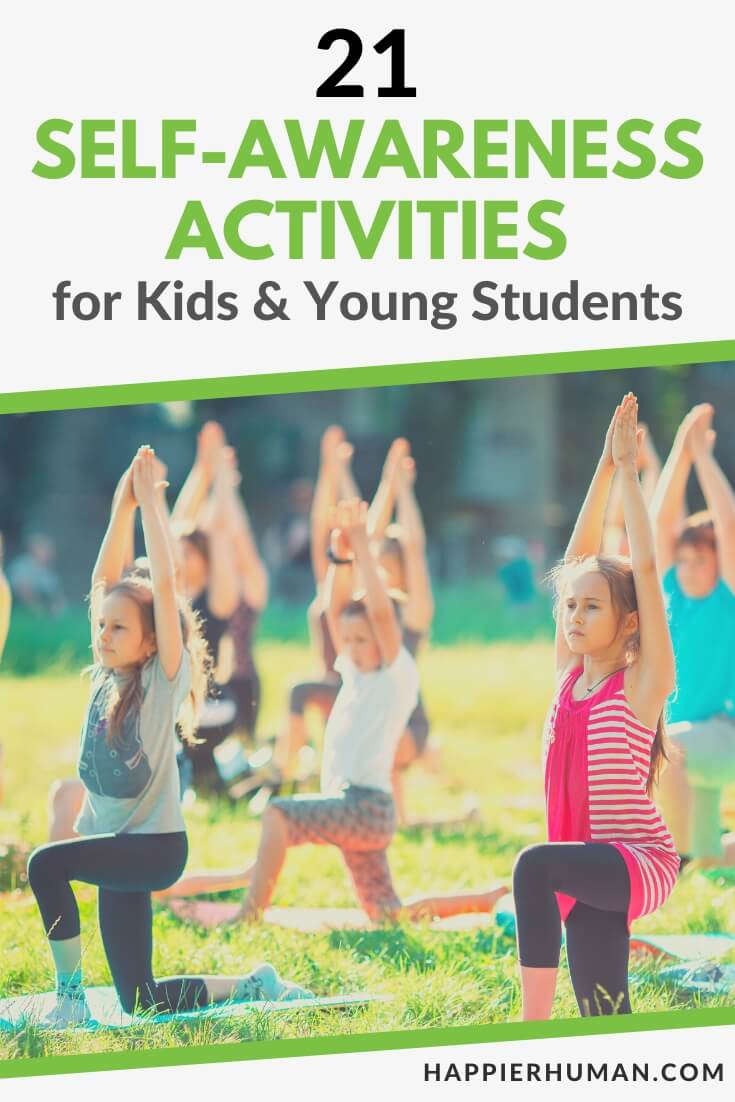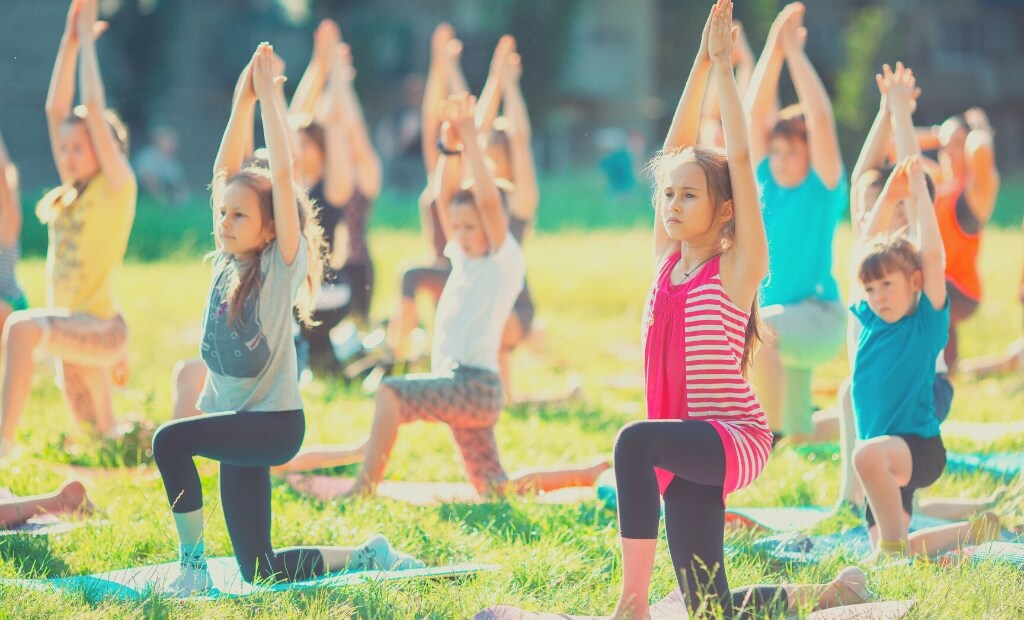Teaching self-awareness to kids and young students is essential and a must.
Self-awareness forms part of social emotional learning (SEL), which teaches kids various skills… like self-control and interpersonal skills. Lessons such as these set them up for success in life, school, work, and beyond.
Research into SEL found that students were almost 50% less likely to be involved in physical aggression, there was a 13% increase in academic success, and nearly 80% of employers rate SEL skills as THE most essential skills for job success.
So which self-awareness activities for kids can you use to teach them this must-have skill? Lucky for you, we’ve compiled a list of the best 21 activities and exercises you can use for young children and students so they can learn how to be self-aware.
What are Self-Awareness Activities?
Self-awareness activities are exercises and activities you and your kids can do to engage in reflective awareness and learn about self-awareness.
When you become self-aware, you get to know yourself, discover what you want to achieve in life, and set yourself up for success.
These tools help you “peel the onion” that is you, and with each layer peeled off, the more you learn about yourself so you can live life authentically as you truly are.
Being self-aware guides you on how you behave and act.
As you uncover destructive thought processes and behaviors, unhealthy patterns, and triggers, you can use your awareness of self to improve yourself, think positively, and grow to be a healthy version of you – in all senses of the word.
Why are Self-Awareness Activities Important?
It’s essential to teach children how to be self-aware. After all, it is one of the core aspects of social emotional learning that kids and young students need to master from a young age.
Various reasons for doing self-awareness activities with your children include:
21 Self-Awareness Activities for Kids and Young Students
Being self-aware is a skill just like writing, creating art, playing an instrument, and doing math are skills. As such, you should teach self-awareness in the same way: model what being self-aware means, ensure your child does activities related to self-awareness, and let them practice.
Here are the 12 best self-awareness activities for kids:
1. Host a Show-and-Tell
A show-and-tell event helps children learn about themselves, which teaches them how to be self-aware. Hosting a show-and-tell should create a safe space for kids to share. The show-and-tell doesn’t have to be in person; you can host these events over a video conferencing tool like Zoom too.
Kids like show-and-tells because it offers them a unique and interactive way to share. Introverted children may not be fans of these sessions, so encourage them to share in ways that work for them – whether it’s by creating a slideshow or something else.
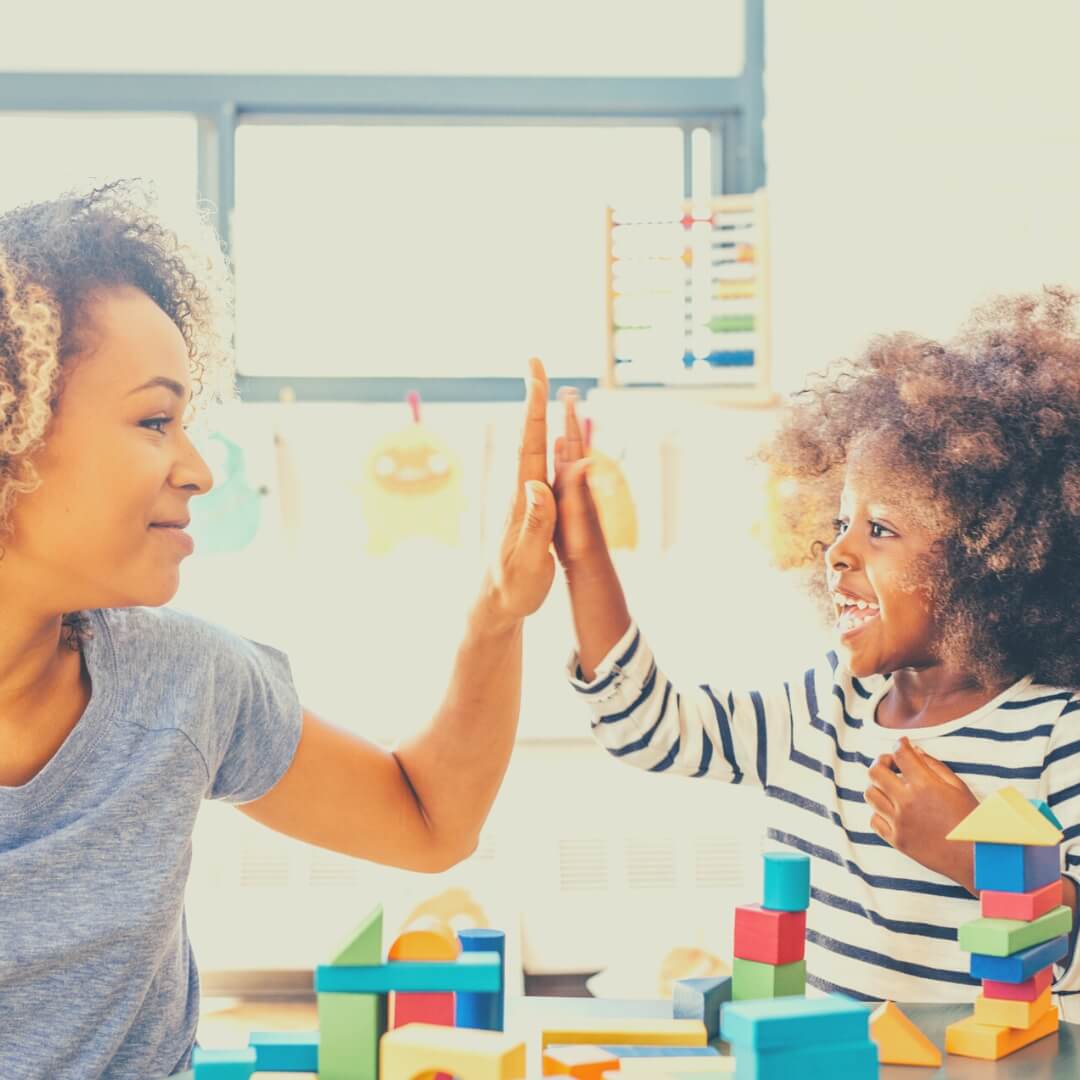
You can create various themes for each show-and-tell and even have a self-reflecting session afterward.
Examples of show-and-tell themes you can consider are:
Pro Tip: Make show-and-tell inclusive, and remember that not every child in your classroom has the same opportunities and possessions. Remind the children it isn’t a bragging session or a competition. It’s a space to share and learn about themself.
2. Journaling
Journaling is fun and simple and such an effective way to teach kids about who they are. It helps them process their feelings, become aware of thoughts and feelings, and communicate their ideas.
Teenagers can write independently about whatever catches their fancy, but both young and older students can benefit from journal prompts. For the tiny ones, journaling can encompass using crayons, pencils, emojis, stickers, art, and cut-out memorabilia to express their strengths, weaknesses, feelings, and more.
Journaling prompts you can consider include:
Other prompts can also include a scene from a movie or TV show (it should be age-appropriate), a song or part of a song’s lyrics, a poster, or an object.
The kids then need to write about the prompt or draw about it – what they think about it, how it made them feel, etc.
3. Compile a Hopes and Dreams List
Another way that children learn about themselves and thus become self-aware is by listing their hopes and dreams. You can even include fears in this list too.
More than just making a list, the kids can also elaborate on these goals and aspirations and paint a visual picture.
It’s not always easy to just think of your hopes and dreams, so you may find that your children need to be prompted. Maybe do a hopes and dreams list activity once a week and use prompts to help the kids discover what these are.
Some hopes and dreams prompts are:
4. Try Something New
While we have an idea of who we are when we’re stuck in our comfort bubbles, where we have the same routines and do the same thing day in and day out, trying something new teaches us (and kids) what we are made of.
New experiences expand our horizons. They teach us what we have a talent or passion for, and they even teach you about preservation and grit.
After all, how would your kids know what they are good at and what they like if they don’t try new things?
Some activities your child can try:
Pro Tip: When your child isn’t good at an activity or it really isn’t for them, use this as an opportunity to teach them that failure is a chance to learn, not reminisce about all that went wrong or how bad they are at something.
5. Practice Gratitude
When we are grateful, we are thankful for what we have and that’s what we focus on. So how is gratitude related to self-awareness?
Well, we often (and easily) focus on what we don’t have, but when we become aware of what we do have and are grateful for those things, we become self-aware.
A study published in the Journal of Happiness Studies in 2019 found that when children start practicing gratitude from an early age, they grow up to be happier as adults. And you can only be truly happy when you are self-aware.
A few activities you can use to teach your kid to be thankful are:
6. Practice Positive Affirmations
You can also teach kids about self-awareness when they learn and practice positive affirmations.
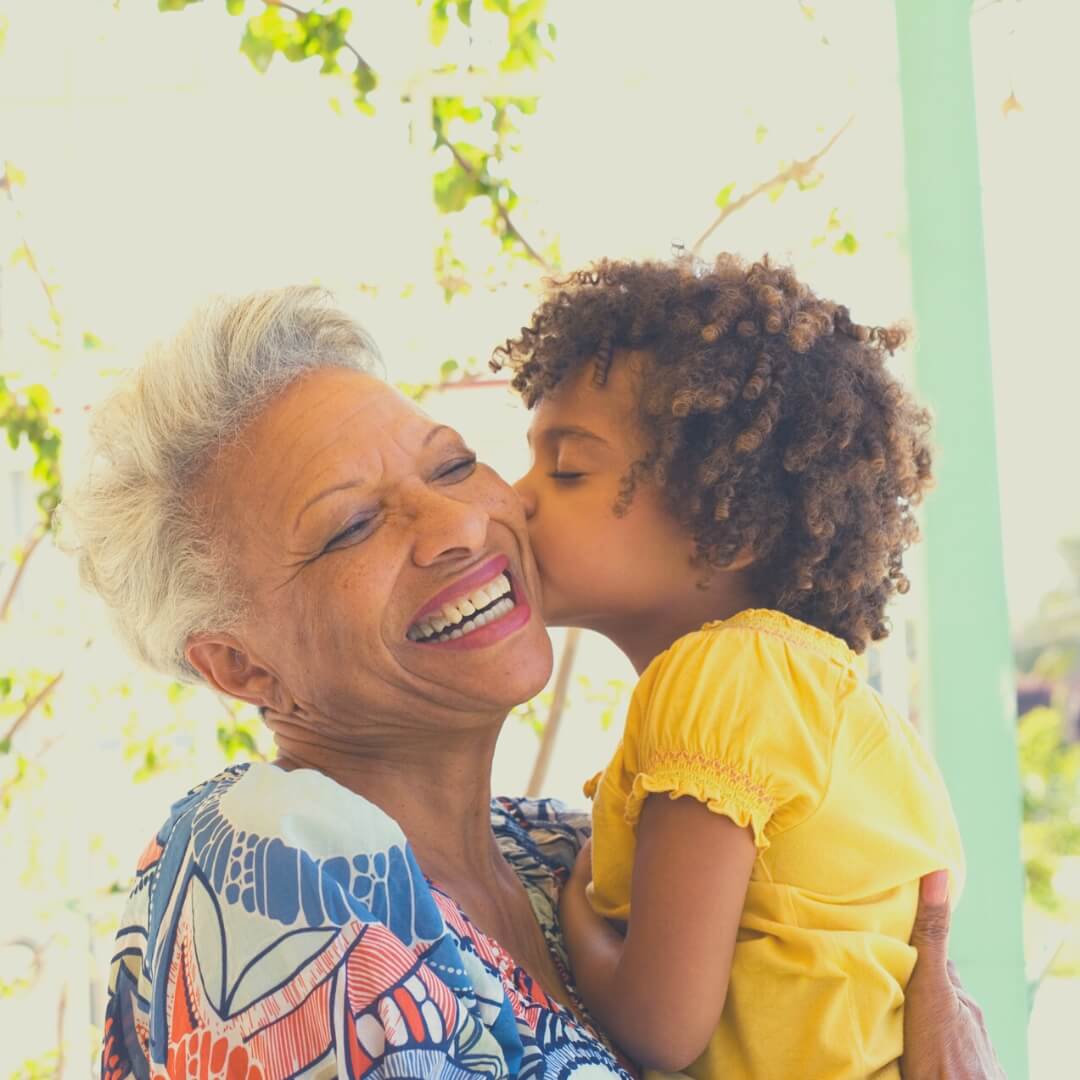
Seeing themselves in a positive light and speaking kindly to themselves helps combat automatic negative thoughts, boost self-esteem, promote self-love, and manage their emotions.
Try some of these activities to teach your youngster about self-awareness and positive affirmations:
7. Read about Self-Awareness
You can also teach self-awareness to kids via reading. Find age-appropriate material, and either read to them or have them read by themselves.
You can then discuss the chapter, book, or article with them and tie it into the self-awareness goals you want to reach.
Some self-awareness book and blogs you can consider using are:
8. Make a Vision Board
Making vision boards can also help kids to learn about being self-aware. Plus, creating these visual boards can be a ton of fun as children get to be creative.
The collage your kid makes can include pictures, drawings, words, quotes, and anything else that fits in with the theme and symbolizes their aspirations, goals, and dreams.
Some ideas for vision board activities for kids are:
Pro Tip: You can also let your kid practice their digital skills and create their vision board on a computer or tablet.
Consider Canva, Gimp, Adobe Spark, Visme, and Design Wizard for the design software. Your child can use Ivory Mix, Pexels, Pixabay, and Unsplash for free images.
9. Role Playing
Role playing offers many benefits, from teaching kids about themselves and others to processing new information, gaining a better understanding of the role play scenario, and fostering higher-order thinking skills like comparison, prediction, and analysis.
Key aspects of role playing are to keep it real and clear and ensure all the kids have a “job” – whether they have a role to play or are observers in the audience.
During the role playing activity, ask the audience to watch actions, words, and emotions. After the role play, ask the kids specific self-awareness questions. You can even delve into different scenarios – “what if X happened, what would you do?”
The purpose of role playing is so the kids can see how their reactions and actions impact themselves and others when they act out a situation.
Pro Tip: Consider using puppets if the kids are too young to role play. Or model the role playing with the puppets, and then let the children try.
10. Create a Self-Awareness Box
A cool self-awareness activity for kids is creating a self-awareness box (yes, like a swear jar, but just better). You need a box, markers, and sticky notes. And you can choose to do this activity daily, weekly, or monthly.
You can guide your child on what to write on the sticky notes by giving them themes or asking them questions (or even both).
For example, in a strength and weaknesses theme, ask them, “List 3 strengths,” “List 3 weaknesses,” “What did you learn about a weakness you have?” and “Where did strength help you cope during a challenging situation?”
For every question, the child can write their answers or keywords on a sticky note and add it to the box. Or you can let them add 3 to 5 sticky notes per theme.
At the end of the week or month, take out the notes and talk about what your child wrote.
11. Do Emotional Check-Ins
You can start the day with an emotional check-in with your child or class of students. These check-ins help kids think about how they feel. Only when we understand what we feel can we work through the feelings in a constructive way.
With younger students, you can help guide them and teach them the skills they need to work through their emotions. Even older students may need that kind of support.
Create a poster for the emotional check-ins. You can get creative with this, but you need to list these 5 simple steps:
- Pause. Take a deep breath in and exhale.
- How do you feel?
- Say how you feel out loud or write the emotion on a post-it note.
- Take a few minutes to think about your emotion(s). Just feel and breathe.
- What do you need? Speak your needs out loud or write them on the other side of the post-it note to help you move on.
12. Practice Mindfulness
You may think that self-awareness and mindfulness are the same. These concepts are related but they are also different.
Being aware helps you be more present, while mindfulness requires lots of introspection and thought process adjustments.
Thus, you can use mindfulness activities to teach kids about self-awareness.
Some cool mindfulness activities for kids are:
13. Drawing to Show Emotions.
When seeking to become more self-aware, drawing is an effective tool for kids. Many have a unique talent for doodling and find peace and enjoyment in it.
They can draw their reality and actively express what is in their emotions through art.
Give your child a fresh piece of paper, a #2 pencil, a colored pencil, or a crayon, and encourage them to let their emotions go wild.
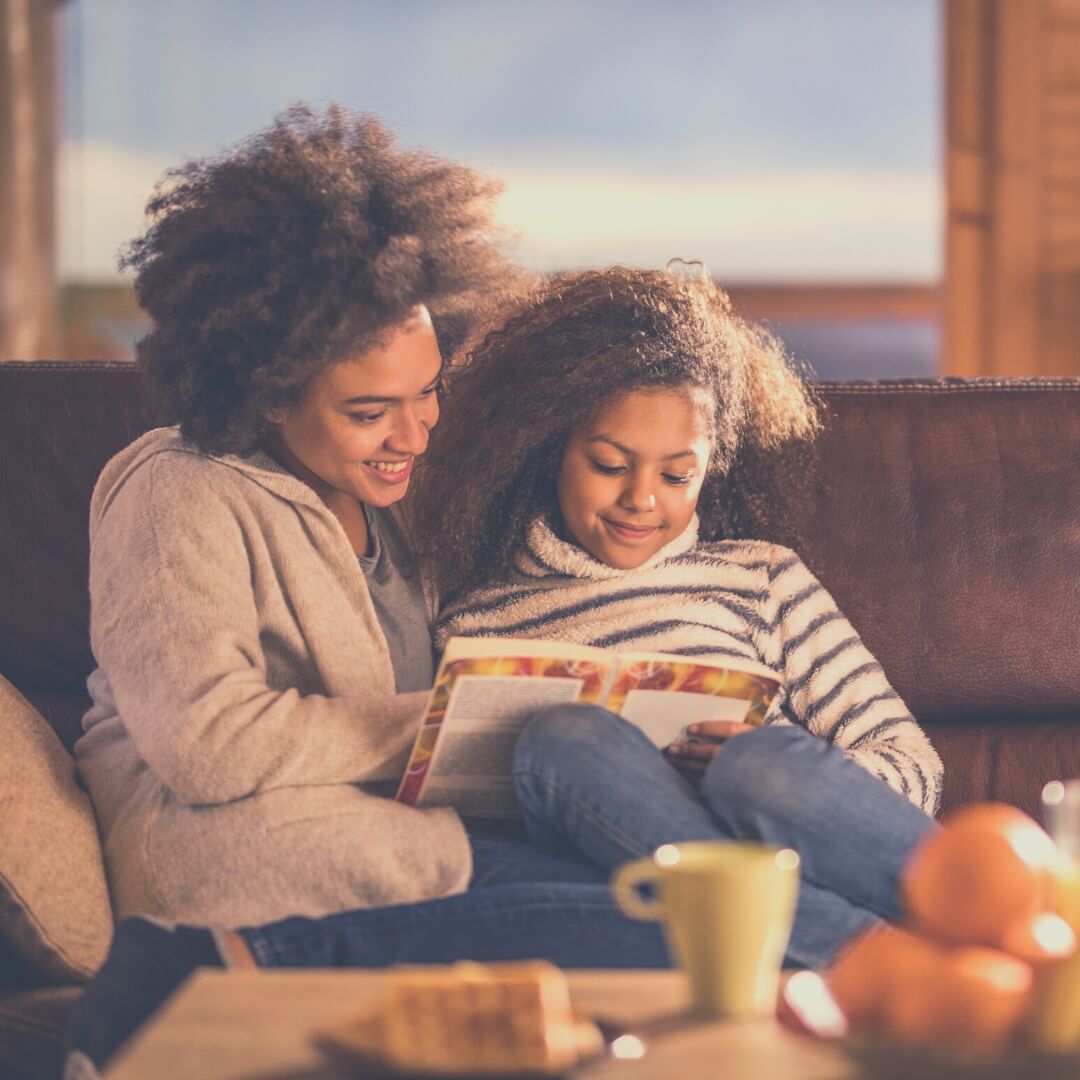
If they are upset with someone or a situation, encourage them to write what is most upsetting to them on paper.
They can draw the person or an emoji or recreate the circumstance through their art. If they are joyful or excited, art is a helpful tool to do the same.
Even when a child doesn’t have the words to say to articulate their feelings, art is a helpful tool to become aware of their emotions and open a door for you to discuss it further with them.
14. Write a Short Story.
To express their emotions, children can write a short story with themselves as the main character.
As they write the story, they can write about scenarios that have brought on specific emotions and how the main character deals with those issues.
Then, you can go over the emotions with them and explain which are healthy and harmful. As well as the action taken in response to those emotions.
Then, you can provide feedback on healthier ways to deal with their feelings and validate all the good and productive emotions and responses.
15. Write a Letter to their Future Self.
Letters to one's future self can be a great way to express emotions. As children grow older and learn ways to express themselves and process emotions, it can be a valuable tool to see how far they have come in their thought patterns.
The letter can include a list of their current challenges, goals, abilities, and accomplishments. These can serve as a great reminder when they hit a stumbling block in the future, and their self-esteem has taken a hit.
The following are ideas kids can write about to their future selves that will help them be more self-aware.
These short letters can be a great form of self-care and kept in a notebook or folder, tucked away for a particular time when the child needs positive self-talk.
16. Learn to Pray.
Prayer can be a strong lifeline to help children be more self-aware. Knowing there is a caring Heavenly Father who is always with them and available to listen can give them much peace and security when navigating some of life's most complex problems.
With prayer, understanding isn't always gained, but calm and strength are. A few other benefits of prayer are:
17. Reflect on Past Decisions.
Reflecting on past decisions is an excellent way for children to be more self-aware. With your help, guide them through situations that have happened more than once and help them reflect on how they managed it in the past as compared to now.
It can be a great way to show them how much personal growth they have achieved over a short time.
I helped my nephew Terrance reflect on a recent situation that hurt his feelings. He had a crush on a girl from school and asked her to be his girlfriend, but she turned him down because she liked someone else.
He was down about it, so I helped by encouraging him to reflect on what happened 2 short years ago when he was 10 years old. Back when he had his first crush. The little girl he liked was in his homeroom class and rode the same school bus.
Back then, he passed his 10-year-old crush a note telling her he liked her and asked if she felt the same. Asking her to circle yes or no. She and her friends laughed about it as she circled no and passed the letter back.
He cried and was depressed for the rest of the evening. So, he realized this particular experience with heartbreak didn't lead to tears. And though he was a little bummed out, he didn't let it keep him down as long as before.
It helped Terrance to reflect and see how far he had come in a short time when handling disappointment. Ultimately, he felt proud of himself and was confident it was her loss, not his.
18. Question Any Assumptions Made About Themselves.
Many of us assume the worst about ourselves. Especially children. They try something a couple of times and believe they can't do it. But it’s healthy for them to question every assumption they have about their abilities.
You can help by asking your kids why?
Why do you feel like you can't do this or that?
Why are you afraid to try it?
Why do you think others can do this and you can't?
You can help them understand that some things come with practice and perseverance, but nothing will happen if they don’t try.
When questioning assumptions, they can gain an understanding and recognition of things and people that cause them fear and anxiety.
Then, learn and develop healthy ways to examine those feelings and make sound judgments.
19. Receive Wise Counsel from a Trusted Adult.
In the day we live in, many feel children should have the right to make major life-altering decisions.
But the reality is that many of us as adults are still unsure of ourselves in our 30s, 40s, and 50s. But our wisdom has far exceeded that of our kids.
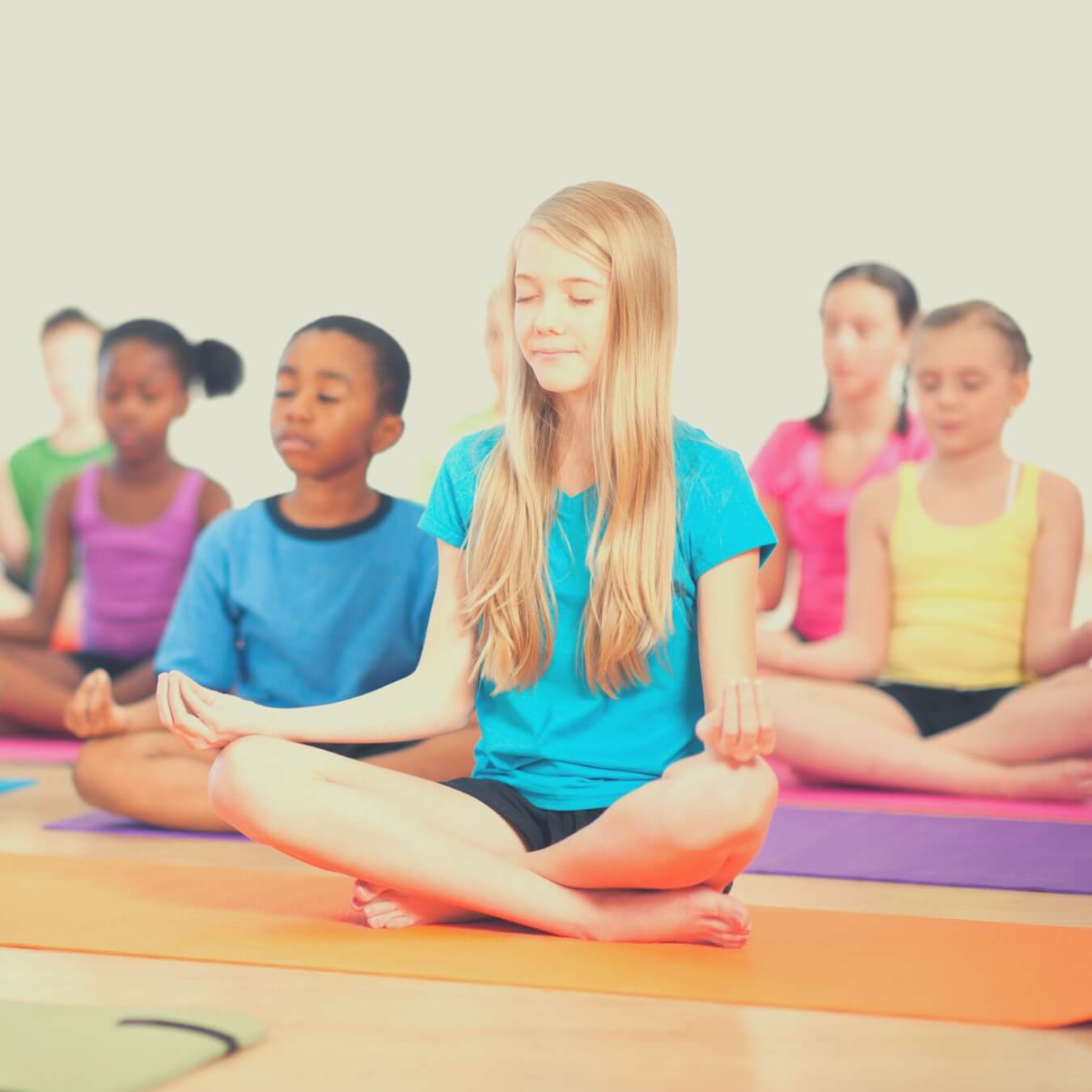
So, the best way to help kids be more self-aware is to be surrounded by wise counsel. As their parents, grandparents, uncles, and aunts, we should understand that their preferences will change quickly.
Still, we should be available to help them navigate the feelings they express in healthy and productive ways.
Let them feel safe when talking with us so they will be comfortable sharing their thoughts. Then, you can ask them open-ended questions to help them reach a more mature conclusion.
20. Reflect on their Use of Stereotypes and Labels.
Children pick up on things like metal to magnets. So, when children use stereotypes and harmful labels to express their feelings about themselves, it is healthy to help them reflect on their choice to use those words.
Jessica was turning 13 and asked her parents for a birthday party. She wanted to invite her friends and a few classmates, including Cody, who she had really begun to like.
Unfortunately, she shared a birthday with Alaina, who was said to be the prettiest girl in school. Alaina's birthday party was the same day, and unfortunately, Cody went to her party instead of Jessica's.
Sadly, while FaceTiming with a friend, Jessica's mom overheard her saying she felt ugly and thought that was why Cody never came to her party.
And if she were prettier, Cody would have attended her party instead of Alaina's.
So, Jessica's mom sat her down and helped her reflect on her feelings about herself. She asked the following questions:
After taking time to reflect, Jessica realized that she focused on the one thing that disappointed her rather than the many things about that day that went right. She grew a little wiser that day.
21. Celebrate Their Own Uniqueness.
Similar to listing their strengths and weaknesses, when children reflect on their uniqueness, they can look at the overall sum of themselves and see what makes them one of a kind.
Kids often try to gravitate toward and mimic those who are thought of as popular and fun.
But by helping them reflect on their unique abilities, talents, personality traits, or sense of style, you can help them navigate a new path.
It gives them the confidence to “dare to be different” at an impressionable time when it’s cool to be a copycat.
Focusing on their uniqueness gives them confidence and a tremendous amount of self-acceptance not to fall into the harmful patterns of comparison.
When they reflect on their uniqueness, it helps them:
You help your child the most by offering celebratory reassurance to them, to a large extent, when their unique abilities serve as a blessing and support to others.
Before long, it will become ingrained within their hearts and part of the conversations they have with themselves.
Final Thoughts on Self Awareness Activities for Kids
Teaching kids about being self-aware can be an eye-opening, fun, and fulfilling experience… especially when they use what they learn about themselves to become even better people.
After all, David Goggins said it best, “The most important conversations you'll ever have are the ones you'll have with yourself.” These moments of introspection are often the ones the motivate us to move in a different direction and improve our lives.
Are you looking for some inspiration to help you on your own personal journey of self-awareness? Then don’t miss our article on 57 self-awareness quotes so you too can get to know yourself better!
